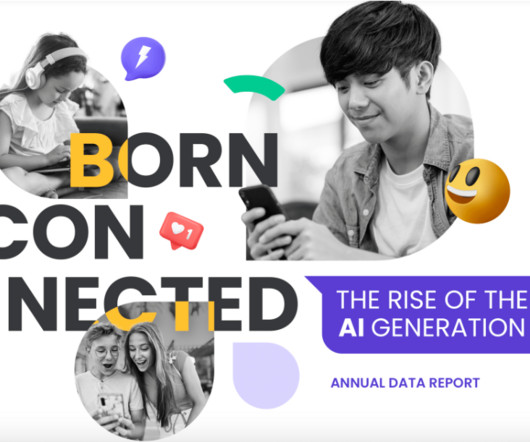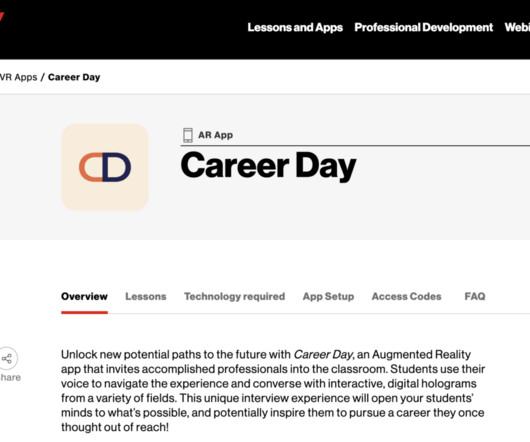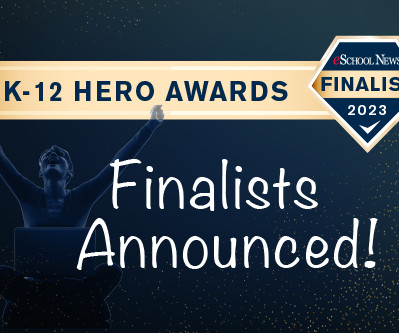Crunch the Numbers—New Data on Student Tech Use; Chromebook Predictions; And the Impact of Pandemic Relief Funds
eSchool News
FEBRUARY 26, 2024
Qustodio today released their 5th Annual Report, offering valuable insights into children’s digital habits across 2023. Some of the key findings from 2023’s report include: TikTok continued to captivate with children spending a global average of 112 minutes daily on the app – up from 107 in 2022.















Let's personalize your content